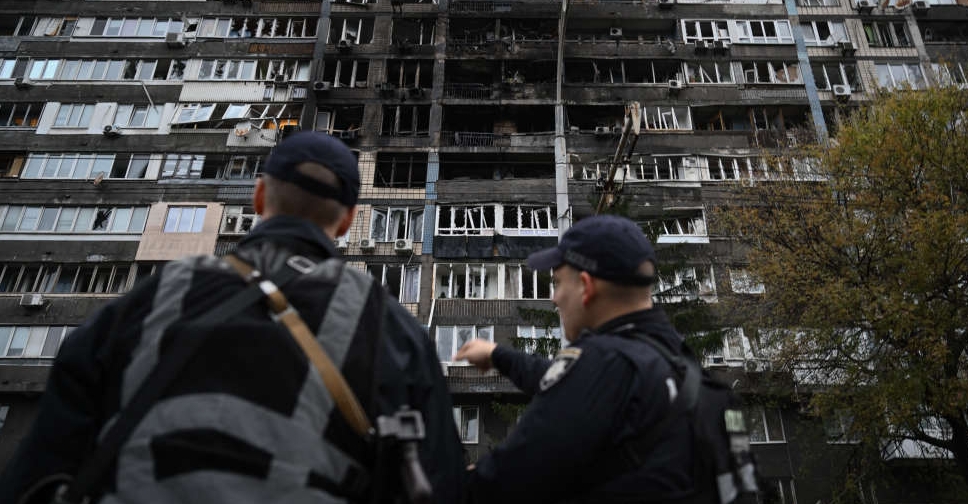
Large parts of Kyiv were plunged into darkness in the early hours of Friday after Russian drones and missiles struck Ukrainian energy facilities, cutting power and water to homes and halting a key metro link across the Dnipro river.
In the latest mass attack targeting the energy system as winter approaches, electricity was interrupted in nine regions and around 600,000 households were temporarily without power across the country.
A seven-year-old was killed when his home was hit in the southeast and at least 20 people were injured.
An apartment block in the centre of Kyiv was damaged by a projectile, while on the left bank of the Dnipro that divides the capital crowds waited at bus stops with the metro out of action and people filled water bottles at distribution points.
ZELENSKYY CALLS FOR AIR DEFENCES, SANCTIONS ENFORCEMENT
Ukrainians are bracing for a tough winter, as the full-scale war nears its fourth anniversary. Russia has intensified attacks on the energy system in recent weeks, striking power plants and gas production facilities, and local authorities are struggling with the scale of repairs required.
"It is precisely the civilian and energy infrastructure that is the main target of Russia's strikes ahead of the heating season," President Volodymyr Zelenskyy said on X.
Calling for more support from Kyiv's allies, he said: "What's needed is not window dressing but decisive action – from the United States, Europe, and the G7 – in delivering air defence systems and enforcing sanctions."
He reported that Russia had used more than 450 drones and 30 missiles in the latest attack. Ukraine's stretched air defences are no match for regular barrages on such a scale.
Ukraine's air force said it had downed 405 of 465 drones and 15 of 32 missiles in this attack.
Russia said its overnight strikes were in response to Ukraine's attacks on Russian civilian facilities.
Ukraine regularly launches drone strikes against Russia, focusing on oil installations, although they are on a far smaller scale. Kyiv says it wants to force Moscow, which started the war, to negotiate a peace deal in good faith.
COMMUTERS STRANDED AMID TRANSPORT DISRUPTIONS
For many Kyiv residents, the day started with power cuts, disruptions in the water supply and transport delays.
Prime Minister Yulia Svyrydenko said the assault was among the heaviest concentrated strikes on energy infrastructure and reported significant damage. Around 110,000 consumers remained without power on Friday morning in the Kyiv region, Governor Mykola Kalashnyk said.
The attack also damaged energy infrastructure in the central region of Poltava, where around 17,000 consumers were without power, and northeastern Kharkiv region, where 200,000 households had no electricity, according to local officials.
Ukrainian private energy firm DTEK said its thermal power plants had suffered significant damage in the attack but did not immediately provide further details.
The government said it expected the water supply to the capital to be restored by the end of Friday, and that power was reaching critical infrastructure as repairs were being made.
Energy Minister Svitlana Hrynchuk said it was three years to the day since Russia launched its first large-scale attack on Ukraine's power grid.
"Today, Russia continues to use cold and darkness as instruments of terror," she said on Facebook.



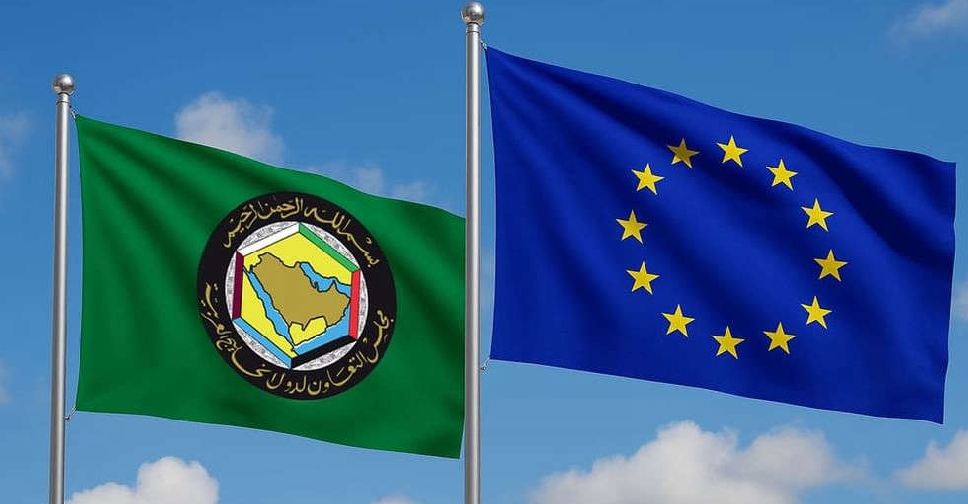 Emergency GCC-EU meeting to discuss Iranian aggression
Emergency GCC-EU meeting to discuss Iranian aggression
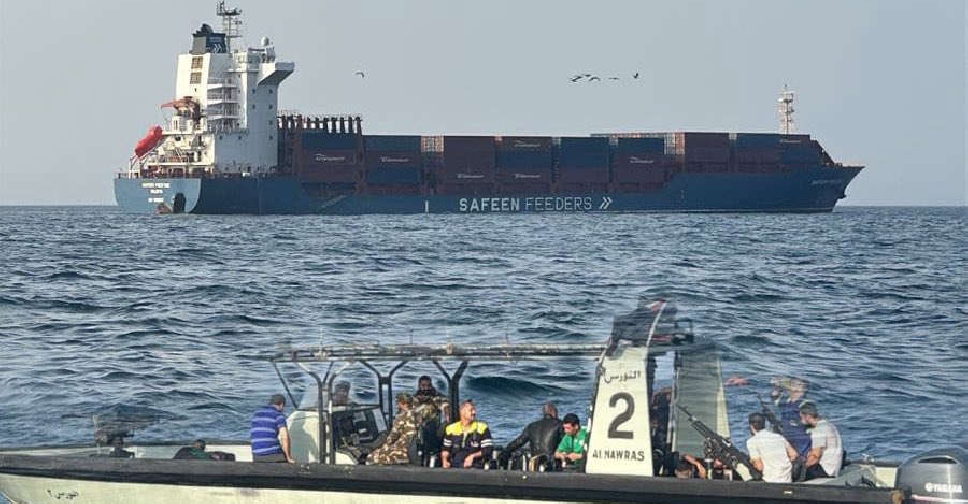 Omani navy rescues cargo ship crew after missile strike
Omani navy rescues cargo ship crew after missile strike
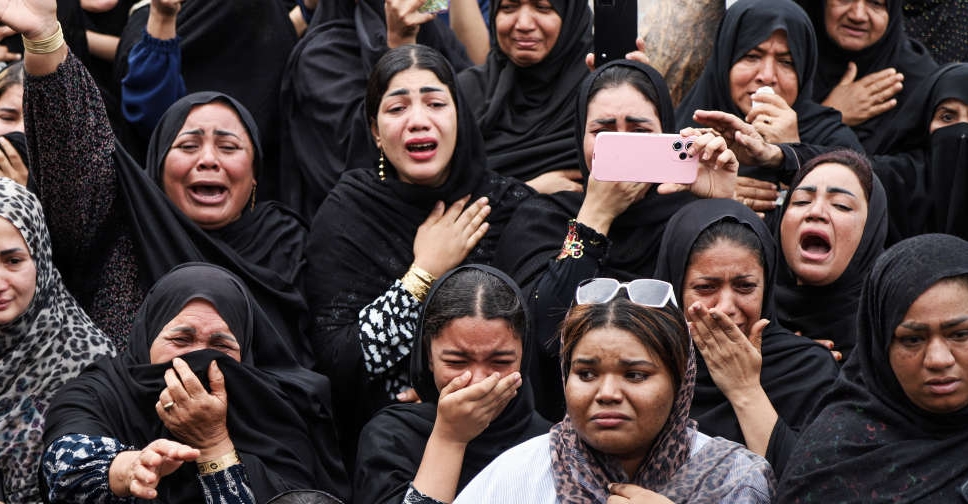 UN 'deeply disturbed' by strike on Iran school that killed 160 children
UN 'deeply disturbed' by strike on Iran school that killed 160 children
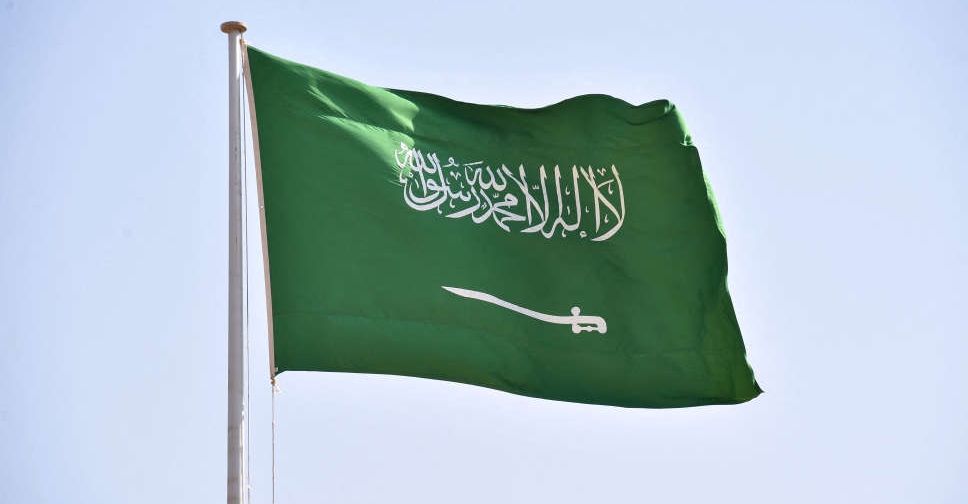 Saudi confirms attempted attack on oil refinery, no damage
Saudi confirms attempted attack on oil refinery, no damage
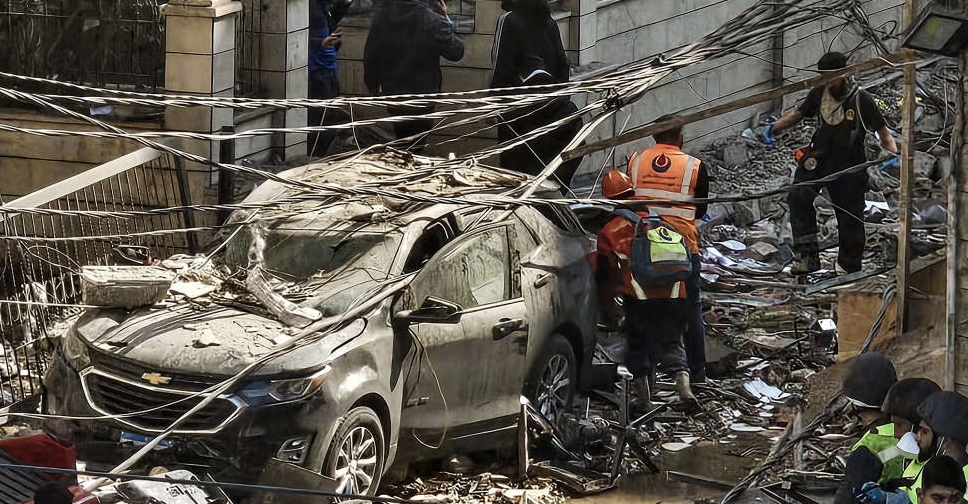 At least four killed in Israeli strike on building in Lebanon's Baalbek
At least four killed in Israeli strike on building in Lebanon's Baalbek







